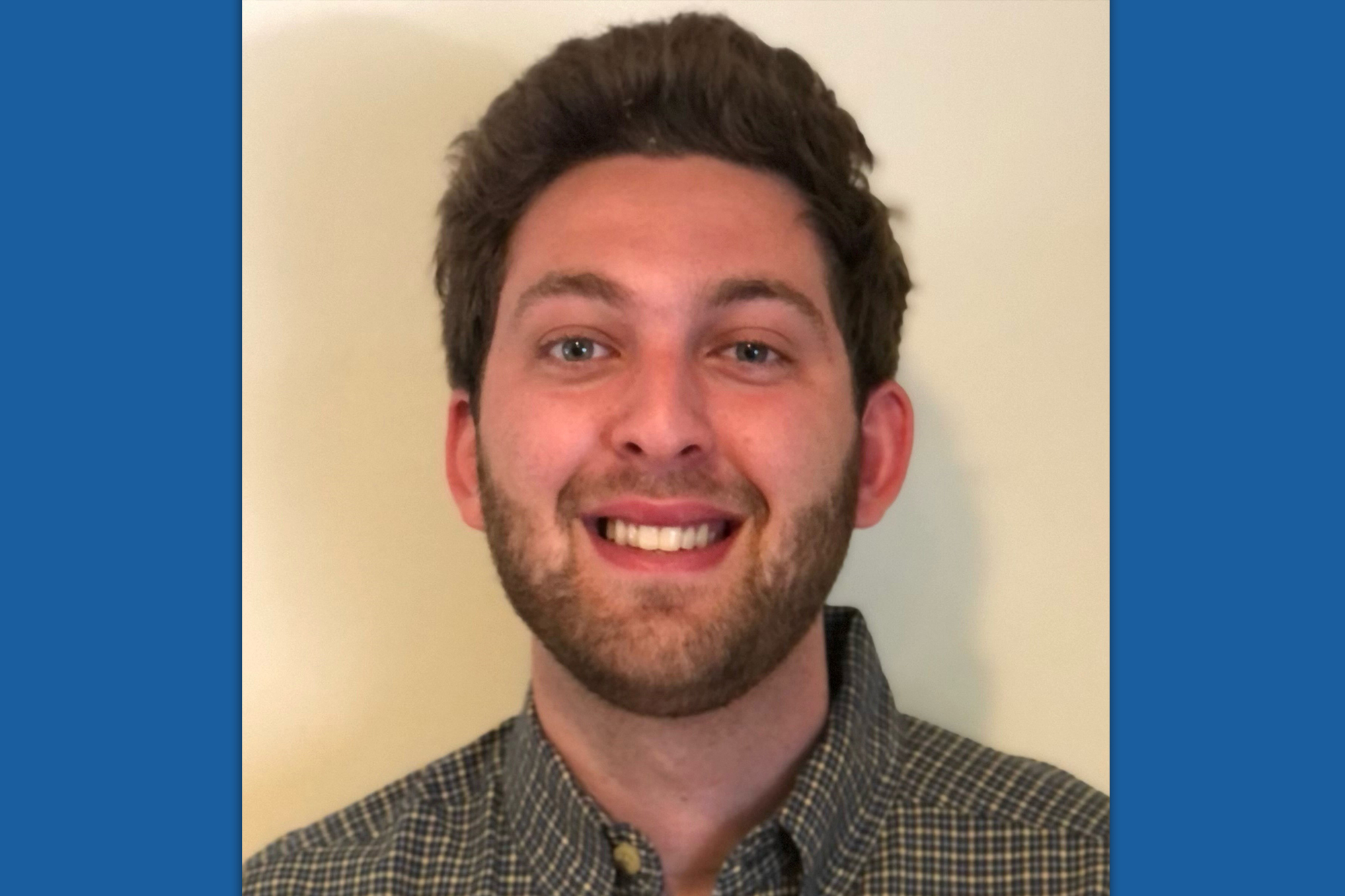By guest blogger Alex Levitt, to be published in Anton Media July 1, 2022
I grew up as a sensitive kid. So much so that when my elementary school gave out superlatives to graduating 5th graders, the one I received was most self-aware. Growing up, I viewed my sensitivity as a weakness, a clear marker that separated me from my peers and gave high stakes to any social interaction I happened to find myself in. I didn’t really understand why I felt so different from other kids my age. Most seemed to wade through childhood keeping their head above water, impervious to insults and not getting bogged down in their own self-image.

Middle school is when I had my first depressive episode. It was the summer going into 8thgrade, and I got blindsided by a special brew of anxiety for the future and a persistent inner critic that wouldn’t give me any time to myself. Another wrinkle added to my situation was that my anxiety made me sick to my stomach so I could not keep down any food I ate.
This first dance in the waters of depression lasted about three weeks, which seems like the most minor of blips compared to the length of time I have been depressed since then. I have lost count of how many times depression has darkened my door. When my symptoms re-emerged, it was dispiriting because I convinced myself I was past it and would never “regress” in that way.
Yet, I don’t regret any of it. It has made me stronger, surer of myself, and—most importantly to me—compassionate about other’s hardships. Through the trial of adversity, I decided to choose growth. Not that this was easy. My biggest hurdle was bypassing my own stubbornness. I had to take my experiences and view them as a chance to better myself instead of beating myself up over my perceived “weakness.”
Mental health awareness and ending stigma is very important to me. Not just because of my own exposure, but because of the many friends and family members I have seen affected by various mental health issues. I continue to meet so many amazing and brilliant people who suffer internally because of something out of their control.

My experience and that of others made me curious about what mental health services were offered at my school, Farmingdale State College. I saw that there was one-on-one counseling on campus, but there was a lack of specialized services or peer support groups. In spring of 2021, I was part of the Student Government Association (SGA) at Farmingdale, and each semester a Senator is required to present his/her own resolution with the goal of improving services for students on campus.
I couldn’t think of a better idea than to center my resolution on expanding the mental health services on campus. There used to be more student resources for this, but the pandemic had limited those services and had yet to return in full force with options for the students. My resolution was aimed at addressing the addition of more support groups for students to discuss issues they were experiencing during the school year, and to cover a wider range of mental health concerns, such as social anxiety, depression, addiction and other mood disorders.
It got passed on the Senate floor, but it still took a while for the changes to be instituted. Luckily, a fellow Senator helped things progress further this past fall by adding his own resolution calling for more mental health services, which in effect expanded upon my resolution. This past spring, I saw flyers and even an electronic sign in front of campus advertising support groups for students, whether for anxiety, depression or other mental health issues.
There is always more to be done, but it is important that we fight to give those suffering a place where they feel they can be heard and that they are not alone.

Bio: Alex Levitt is a senior at Farmingdale State College, where he is majoring in Professional Communications. He is an intern for North Shore Child & Family Guidance Center, Long Island’s preeminent children’s mental health organization. To reach the Guidance Center, call 516-626-1971.














